
- What is Coenzyme Q10?
- Sources of Coenzyme Q10
- Mechanism of Action
- Impact on Egg Quality
- Mitochondrial Function and Cellular Energy
- Oxidative Stress Reduction
- The link between age and fertility
- What Studies and Research says about Coenzyme q10 for fertility
- Coenzyme Q10 Supplementation
- Integrating Coenzyme Q10 into Your Lifestyle
- Integrating supplements into Daily Routine
- Coenzyme Q10 and Assisted Reproductive Technologies (ART)
- Safety and Precautions
- Allergic Reactions and Contradictions
- FAQS
Looking for a natural way to boost fertility? Coenzyme q10 for fertility might just be what you’re looking for. This powerful antioxidant has been shown to have a positive effect on both male and female fertility. Coenzyme Q10 plays a crucial role in energy production at the cellular level, which is essential for reproductive health. In addition, it helps protect the eggs and sperm from oxidative damage, improving their quality and viability. Whether you’re trying to conceive naturally or undergoing fertility treatments, adding coenzyme Q10 to your routine may increase your chances of success.
What is Coenzyme Q10?
Coenzyme Q10 (CoQ10) which is also referred to as ubiquinone, can be described as an naturally-occurring antioxidant found within the human body. It is essential for a range of bodily functions, like cell energy production and shielding cells from damage caused by oxidative stress and enhancing overall health. 1..
Sources of Coenzyme Q10
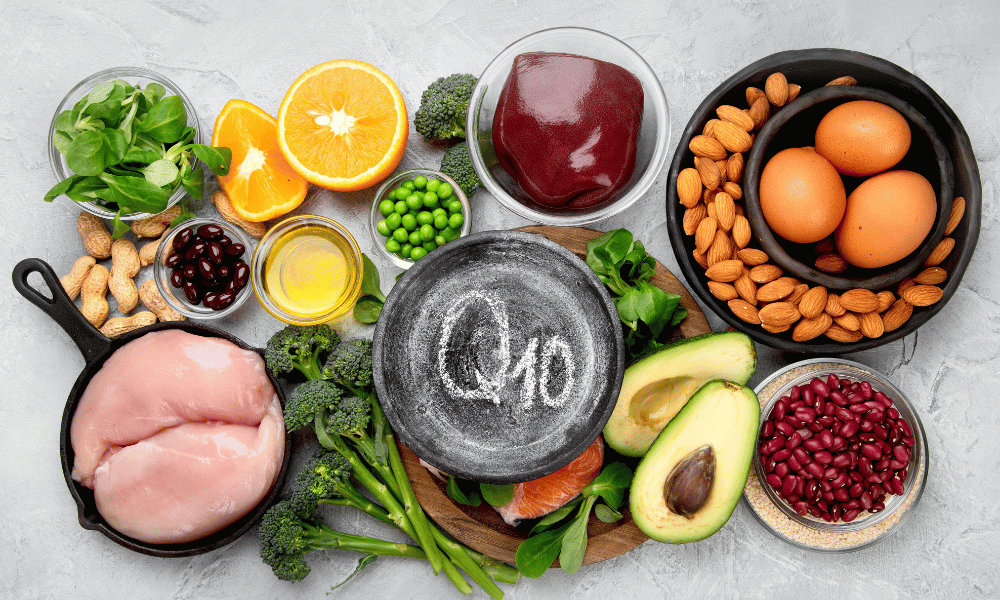
The body is able to naturally make CoQ10 However, the amount it produces is prone to decline with the onset of age 2. In addition to the endogenous production process, CoQ10 can also be taken from food sources as well as supplements. Dietary sources of CoQ10 include organ meats, such as the liver, the heart and kidney along with beef, soy oil mackerel, sardines as well as peanuts 3..
CoQ10 supplements are readily available on the market and are available in two forms namely Ubiquinone (the version that has been oxidized) as well as the ubiquinol (the reduced version). Ubiquinol makes up 95% of CoQ10 that is found in the blood. It is the most absorbable of both forms. 4..
Mechanism of Action
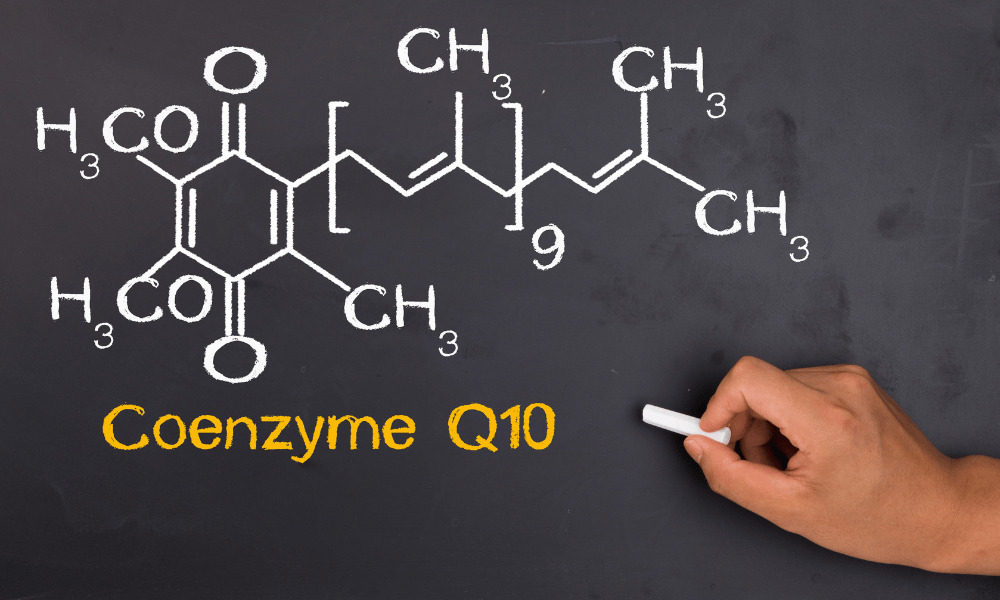
CoQ10 is a key component of the mitochondrial electron transportation chain. It aids in the conversion of foods into energy by converting it into Adenosine Triphosphate (ATP) 5. The production of energy is vital to maintain and growing cells.
As an antioxidant CoQ10 eliminates free radicals produced by normal metabolic processes in the cell. This aids in the prevention of cellular destruction, lessens inflammation, and may even help to fight certain diseases 6.
While CoQ10 has shown promise in a variety of aspects of health, it’s advised to speak to an expert in healthcare before commencing any new program of supplementation specifically for people who suffer from chronic illnesses or who are taking prescription medication.
Impact on Egg Quality
Coenzyme Q10 (CoQ10) can be found in the form of CoQ10, which is currently being studied for its ability to boost egg quality, particularly for older women. The aging process affects the quality of a woman’s eggs. This decrease in egg quality is among the major causes for lower fertility in women who are older 1. A Canadian study by mice showed that older female mice provided CoQ10 were able to produce the same number of normal-chromosomally matched eggs as when compared with younger mice. 2..
Mitochondrial Function and Cellular Energy
CoQ10 is a key component for mitochondria – electron transportation chain that is vital to the creation of cell energy. It is mitochondrial energy that is crucial for egg development and embryos. Through improving mitochondrial function CoQ10 might be able to improve the development of eggs and fertility overall. 3. 4..
Oxidative Stress Reduction
CoQ10 is popular as an antioxidant. Antioxidants help neutralize the harmful free radicals within the body, which reduce the stress caused by oxidative damage. The high levels of oxidative stress could damage cells, such as eggs, and have been associated with lower reproductive outcomes. Through reducing the stress of oxidation, CoQ10 could help shield eggs from injury and increase fertility. 5..
Although research into the effects of CoQ10 on fertility in females is in its early stages but it’s already developing as a potential supplement that can help support fertility. It’s vital to keep in mind that, while supplementation with CoQ10 may provide some benefits however, it is not a substitute for traditional fertility treatment. Always seek advice from a medical professional before beginning any new supplementation program, particularly if you’re trying to have a baby. six.
The link between age and fertility
Age-Related Decline in Coenzyme Q10 Levels
Coenzyme Q10 (CoQ10) is a crucial antioxidant, which is produced naturally by the body. It plays an important role in energy production inside cells. It also protects them against the effects of oxidative stress 1. The body’s capacity to make CoQ10 declines as we the onset of age 2. The decrease in CoQ10 could be a factor in female fertility since CoQ10 is believed to be a key ingredient in eggs’ quantity and quality. 3..
Alongside the decline with age in CoQ10 Fertility in females can also decline as they get older. The reason for this is decreasing the amount and quality of the eggs produced by a woman 4. At around age 32, fertility in women slows down as she reaches age 35 it accelerates5.
Addressing Age-Associated Fertility Issues
The decrease in fertility, as we advance is a complicated matter that isn’t solved by a single method or treatment. But, CoQ10 supplementation has been investigated as a potential treatment to increase eggs’ quality, especially among women over6. Certain studies indicate that CoQ10 could improve the response of ovaries and the yield of embryos in women who undergo in-vitro fertilization7.
Although CoQ10 has shown the potential to be a supplement to treat fertility problems associated with age It’s crucial to remember that it’s by no means a magic bullet. The lifestyle factors, the underlying health ailments, and various aspects of general health are all important factors in the process of achieving fertility.
It’s essential to talk with your doctor prior to taking any supplementation regimen in particular if you’re looking to get pregnant. In addition, if you’ve tried to get pregnant for longer than one year (or for six months when you’re more than 35) It is recommended that you consult a medical professional. 8..
What Studies and Research says about Coenzyme q10 for fertility
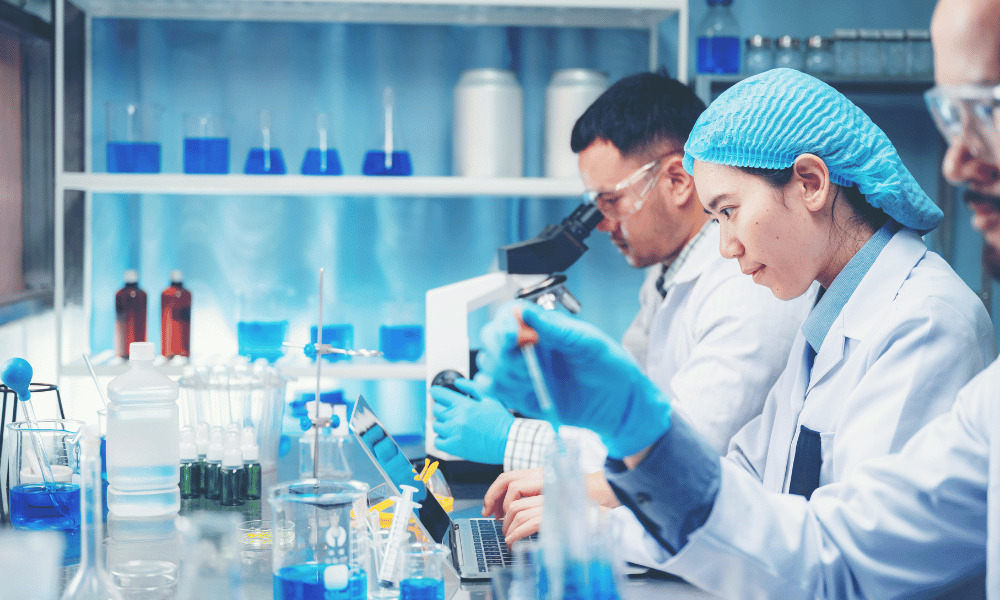
Clinical Trials on Coenzyme Q10 and Fertility
A variety of clinical studies were conducted to investigate the effect on Coenzyme Q10 (CoQ10) in relation to the fertility of males, especially. Studies have demonstrated that taking oral supplements with CoQ10 may increase seminal CoQ10 amounts 1. However, while CoQ10 supplementation appears to improve seminal oxidative defense, it does not necessarily affect semen parameters in cases of idiopathic oligoasthenospermia2.
Concerning fertility in females research studies on the clinical effects on fertility CoQ10 are few, but they’re promising. There is evidence that suggests that treatment with CoQ10 may increase the quality of oocytes in humans. 3..
Although there are some encouraging findings A meta-analysis showed that CoQ10 supplementation doesn’t increase the rate of pregnancy. 4.. More research is required to better understand the positives and negatives of CoQ10 supplementation to improve fertility.
Coenzyme Q10 Supplementation
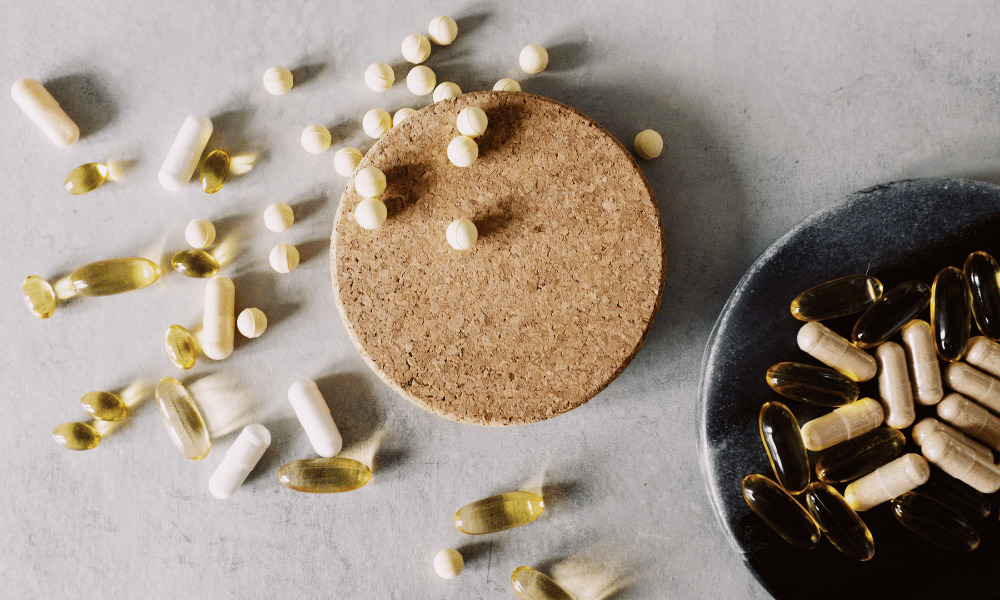
Dosage Recommendations
The amount that you take of Coenzyme Q10 (CoQ10) dosage will vary based on a variety of variables, such as health, age and the health goals you have set. To increase fertility, some studies use doses of 100-600 mg daily 1.. It is important to keep in mind that there’s an undefined optimal dosage to boost fertility 2.. It is always recommended that you consult an experienced medical professional prior to starting any new diet regimen.
Choosing the Right Supplement
In selecting the best CoQ10 supplement, it is important to take into consideration a number of key elements. The first is to select a supplement by a trusted manufacturer who is tested by third parties for quality control. Then, you should check the structure of CoQ10. There are two types that are ubiquinone and ubiquinol. Ubiquinol is the less active version of CoQ10 which is believed to be more readily absorbable by the body. 3.. Also, think about the delivery method. CoQ10 can be dissolved in fats, therefore the use of the form of a softgel together with food that contains fats could increase the intake 4..
Potential Side Effects
CoQ10 is usually well tolerated, However, as with all supplements there are some negative side effects for some individuals. This could include stomach upset, reduced appetite nausea, vomiting and diarrhea. Some of the more rare adverse effects include skin rashes and low blood pressure or fatigue 5.. If you suffer from any side consequences after taking CoQ10 it is crucial to discontinue your intake and talk with your doctor.
Integrating Coenzyme Q10 into Your Lifestyle
Dietary Sources of Coenzyme Q10
Although the body’s natural production of Coenzyme Q10 (CoQ10), it is also available through certain food items. The best sources of CoQ10 are:
- Organ meats (heart and kidney, liver,)
- Beef
- Soy oil
- Sardines and Mackerel
- Peanuts
- Sesame seeds
- Broccoli
- Oranges1
It is important to keep in mind that food sources may not be able to provide sufficient CoQ10 to impact the levels within the body, especially in the aging process or for particular health objectives including the enhancement of fertility. 2..
Integrating supplements into Daily Routine
If you’re looking to add the CoQ10 supplement to your routine For more information, follow these steps:
- Timing: The CoQ10 supplement can be taken anytime during the day. However, it’s best to take it with food particularly those that contain fat, due to its fat-soluble properties. 3..
- Dosage: Use the dose directions given by your health care physician or on the label.
- Congruity: To get the maximum benefit, you must take your supplements regularly, and ideally every day.
- Monitoring: Monitor the changes to your overall health and well-being following the beginning of the supplement. If you experience any negative consequences, discontinue using the product and speak with your physician.
While supplements may aid in health, they’re not meant to replace healthy eating, regular exercise and adequate rest. Always speak with your healthcare practitioner prior to beginning any new program of supplementation.
Coenzyme Q10 and Assisted Reproductive Technologies (ART)
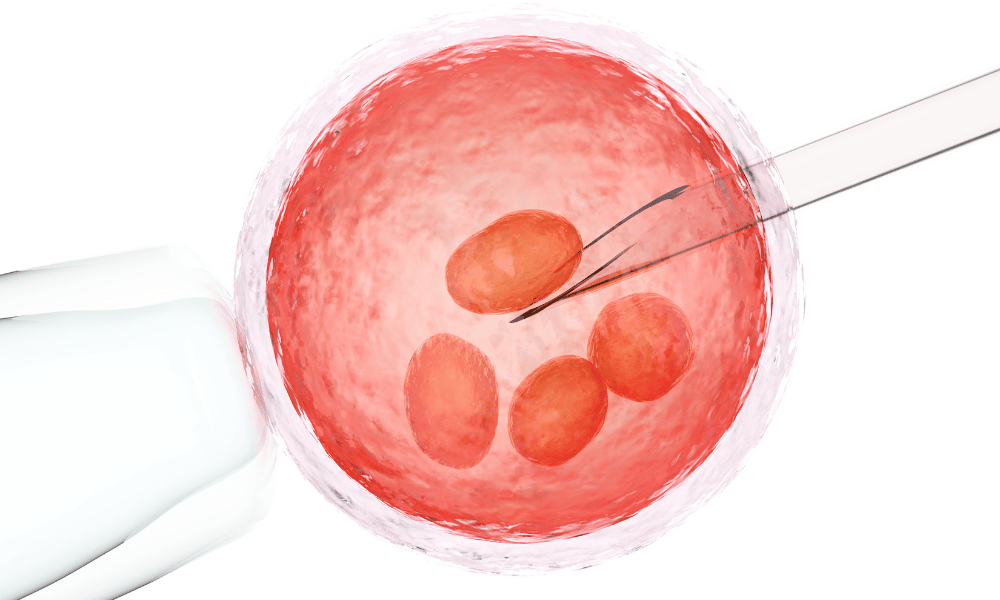
Enhancing IVF and ICSI Outcomes
The assisted Reproductive Technologies (ART) like ones such as In Vitro Fertilization (IVF) as well as Intracytoplasmic Sperm Injection (ICSI) are being sought out by couples who are experiencing issues with fertility. The research suggests that adding Coenzyme Q10 (CoQ10) may enhance the outcome of these treatments. 1. 2..
CoQ10 is believed as a key player in the production of energy inside cells, and this includes the ones that are involved in reproduction. Certain studies have demonstrated that CoQ10 supplementation could improve the quality of the oocytes (eggs) and embryos. It can also enhance fertilization rates and improve the odds of successful implantation. 3..
In addition, CoQ10 could be beneficial when there are recurrent problems with ART, which can be linked to the decline of egg quality with age. 4..
Coenzyme Q10 and Egg Freezing
Egg freezing is a different form of ART that permits women to keep their fertility in case of need. It involves stimulating the ovaries, causing them to make numerous eggs. These are later retrieved and then frozen to use later.
A growing amount of attention is being paid to the role that CoQ10 in enhancing the outcome from freezing eggs. Similar to IVF as well as ICSI the condition of eggs can be an essential element in how successful the process. In addition to boosting mitochondrial function and in reducing the stress of oxidative, CoQ10 could help preserve eggs’ quality throughout the freezing and melting process. 5. 6..
Yet, more research is required in this field to verify these results and determine the best dosage strategies.
Safety and Precautions
interactions with medicines
Coenzyme Q10 (CoQ10) is usually safe to use for the vast majority of people according to the directions. But, it may be a problem when used in conjunction with other medications.
- Statins Statins, utilized to reduce cholesterol levels, may lower the levels of CoQ10 inside the body. 1.. A few studies have suggested that supplementation CoQ10 CoQ10 could help ease muscular pain which is a frequent adverse effect associated with statin therapy. 2..
- Blood Thinners CoQ10 could make blood-thinning medicines, like warfarin less efficient. If you’re currently taking a blood thinner, speak to your physician prior to beginning CoQ10 3..
- Chemotherapy Drugs CoQ10 could interfere with certain chemotherapy medications, thereby affecting their effectiveness. 4..
Before beginning any new supplement, like CoQ10 make sure to consult your physician when you’re taking medications.
Allergic Reactions and Contradictions
Though rare, allergic reactions to CoQ10 have been documented and could include symptoms like itching, rashes, or trouble breathing 5.. If you suffer from these, or other negative consequences when taking CoQ10 take it off immediately. supplement immediately and seek medical treatment.
Certain medical conditions could hinder the usage of CoQ10. For instance, those who suffer from diabetes must be careful since CoQ10 may decrease the blood sugar level 6. In addition, individuals suffering from heart problems or having surgery scheduled should talk to a physician prior to using CoQ10 7..
Be aware that supplements cannot be an alternative to medical care and should only be utilized with the guidance of a health professional.
YOU MAY ALSO LIKE:
Can dehydration cause infertility? | FERTILITY FORYUNE
What are the benefits of “l carnitine for fertility” | FERTILITY FORTUNE
Does phentermine make you more fertile | FERTILITY FORTUNE.
FAQS
Is Coenzyme Q10 safe for long-term use?
According to research, Coenzyme Q10 is generally considered safe for long-term use. However, it is always advisable to consult with a healthcare professional before starting any long-term supplementation.
How soon can one expect to see results?
The timeframe for seeing results when using Coenzyme Q10 for fertility may vary from person to person. In the specific study mentioned [3], improvements in ovarian response and embryo quality were observed after pretreatment with Coenzyme Q10. However, individual results may differ, and it’s important to be patient and consistent with supplementation.
Can Coenzyme Q10 be taken alongside other fertility treatments?
Coenzyme Q10 can typically be taken alongside other fertility treatments. It is important to consult with a fertility specialist or healthcare professional to determine the appropriate combination and dosage of treatments for your specific situation.
Are there any age limitations for using Coenzyme Q10?
There are generally no specific age limitations for using Coenzyme Q10. However, it is recommended to consult with a healthcare professional, especially if you have any underlying health conditions or concerns related to fertility.
What should I do if I experience side effects?
If you experience any side effects while taking Coenzyme Q10 or any other supplement, it is important to consult with a healthcare professional. They can provide guidance on whether to continue or adjust the dosage or suggest alternative options.
How does Coenzyme Q10 interact with other vitamins and minerals?
Coenzyme Q10 may interact with certain medications, supplements, or other vitamins and minerals. It is advisable to consult with a healthcare professional to ensure there are no potential interactions with any medications or supplements you are currently taking.
